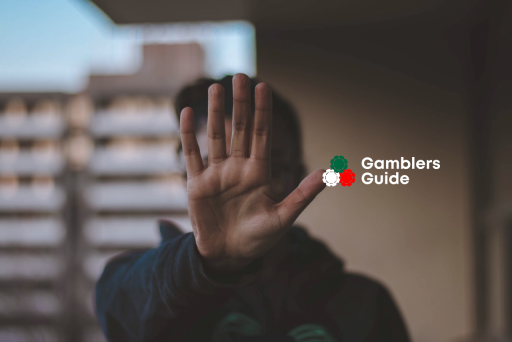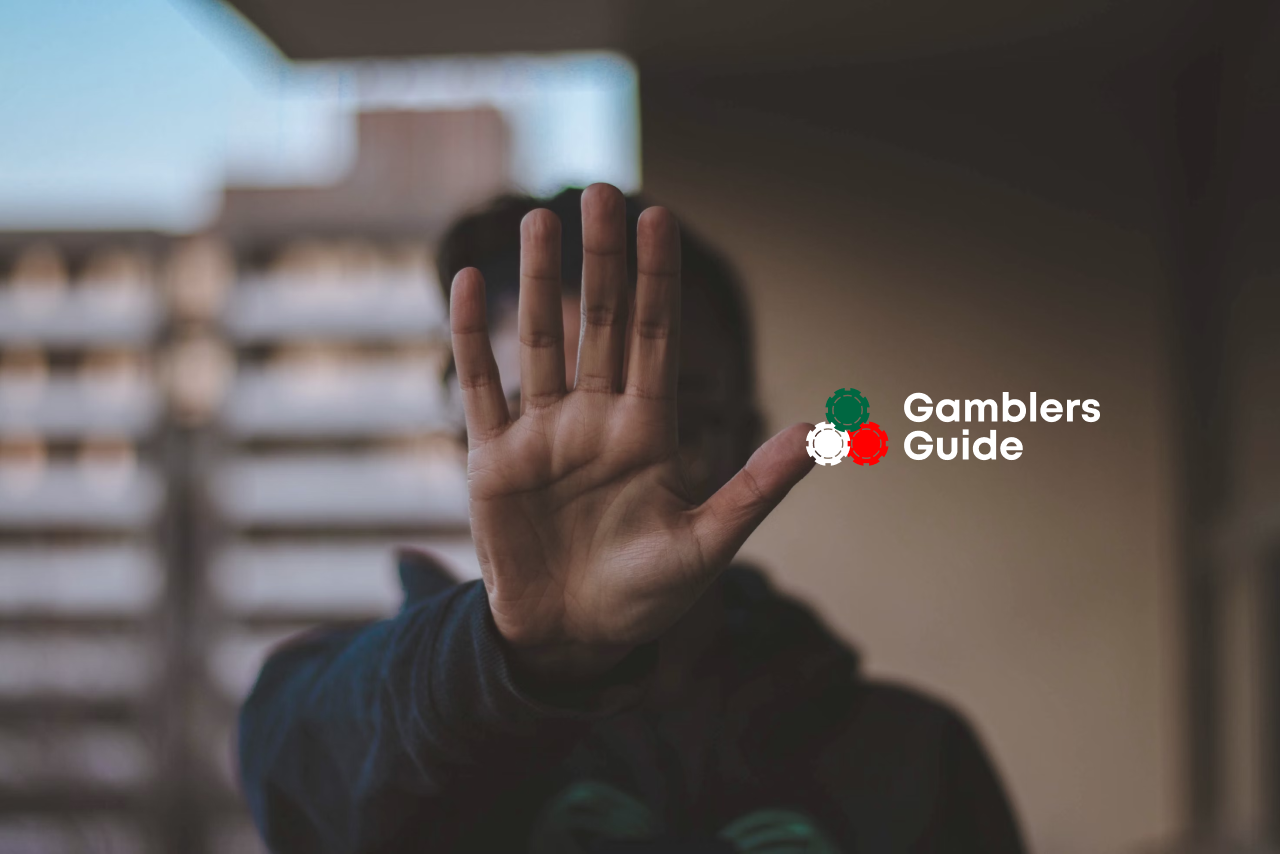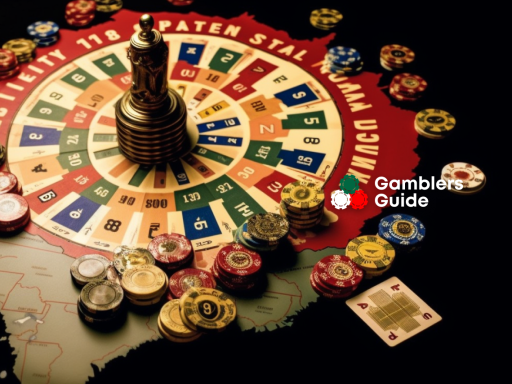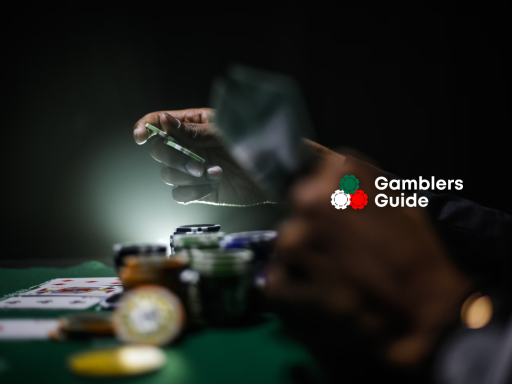Gambling addiction is considered by doctors to be equivalent to drug addiction. It has already been classified as a behavioral disorder, as recent research indicates that individuals passionate about gambling undergo brain changes similar to those in severe cases of addiction. Despite being socially encouraged, it can be challenging for individuals to discern when it becomes a problem, making it hard to draw the line between harmless play and an issue that spirals out of control. In severe cases of gambling addiction, it can lead to financial loss (bankruptcy), family problems, work-related issues, conflicts with loved ones, and other adverse consequences, ultimately ruining a person’s life socially. Coping with it, individuals may turn to other dependencies, including substance abuse, creating a new set of problems.
Understanding gambling addiction has been greatly enhanced through neurovisualization and brain exploration. Scientists have discovered that an addicted gambler activates brain regions associated with reward. Neurochemistry is also significant, as the desire to gamble arises from the rapid release of endorphins and dopamine. Once these changes occur, individuals find it difficult to cope independently, as it transforms into an obsession fueled by a hormonal cocktail. Simply telling a person to stop has little effect.
What are the symptoms of gaming addiction?
Symptoms of gambling addiction are challenging to differentiate from regular gambling.
- Continuous need to increase stakes for emotional excitement during play.
- Heightened irritability in response to attempts to stop or control the passion for such activities.
- intrusive thoughts about wanting to play again, especially during stressful or upsetting moments.
- Inventing excuses or outright lying when questioned about one’s gambling habits.
- Individuals avoid fulfilling professional and personal duties and immerse themselves in the game instead.
- Seeking financial assistance from friends, family, or credit organizations to cope with debts resulting from the passion for gambling is a common occurrence.
The most significant symptom of a dependent individual is their refusal to acknowledge the addiction, denying it to others and even themselves. Instead, they harbor a constant and strong desire to gamble, plan where to register, or which establishments to visit for their next game. They invest a considerable amount of time contemplating the essence of the game and strategizing to improve their chances. At the casino or poker room, dependent individuals are no longer willing to leave with the same amounts they were satisfied with before; stakes rise along with the amounts spent. While debts create real-life problems, the excitement and nerve-tingling from gambling are essential aspects for the person to feel alive. Consequently, the sums of losses continue to grow.
Why do people become addicted to gambling?
The main reason lies in the inability of the addicted person to regulate their emotions and a lack of alternative stress-coping mechanisms in their life. After experiencing genuine pleasure from the game, these individuals continually seek more doses of dopamine, without which they no longer feel normal, becoming irritable and prone to outbursts, arguments, and even fights. Interestingly, dopamine continues to be released even when the person loses, and the desire to recoup losses only propels them into another cycle of torment.
Scientists have also identified genetic factors contributing to gambling addiction. Some individuals are far more prone to dependence than others, especially those who already have other dependencies: smoking, alcohol, computer games, drugs, or extreme sports. This is connected to the fact that these groups of people have metabolic disorders, requiring larger doses of both dopamine and adrenaline for normal functioning. Biological factors are crucial; if, for instance, you smoke and can’t stop, then most likely, you’ll have problems with gambling if you get into it. The same applies to people already suffering from depression, prone to migraines, or having cardiovascular and pressure issues.
Practical Ways to Stop Gambling
The first step to success is acknowledging the existence of the problem. When a person truly realizes they are grappling with an overwhelming force, admitting it opens the path to positive change. Therefore, it’s essential to revisit the symptoms section, analyze them, and accept the fact of addiction. Once a gambler recognizes and acknowledges the problem, they’ve taken the most significant step toward healthy behavior. All further work will be based on this recognition, coupled with the desire to overcome it.
The next step is understanding the factors and triggers that contribute to the desire to gamble. Identifying these triggers enables individuals to apply alternative self-regulation tools in potentially risky situations, avoiding dependency as the sole means of coping. After determining triggers, it’s crucial, together with a therapist, to outline methods and techniques that will work for the individual as effectively as addiction did. Thoroughly working with triggers involves documenting them, noting past situations, recalling the amount spent and time allocated, and detailing associated issues.
Working with thoughts and feelings is the next stage in combating addiction. Individuals can become fixated on thoughts about games, experiences with them, and planning future sessions. Managing emotions can be challenging, but it’s crucial to identify elements that help distract from obsessive thoughts and intense feelings, such as therapy, socializing with friends, hobbies, sports, support groups, or engaging in a new business. Often, relapses occur due to boredom or following familiar routines. Therefore, it’s essential to fill the void with something enjoyable, interesting, new, and captivating, like:
- joining dance classes;
- talking to a therapist;
- gaining support in a group.
Occasionally, besides thoughts and feelings, situations may arise that prompt a person to return to their old habits, such as being alone. In such cases, it’s advisable to change social circles, avoid places and activities associated with gambling, and challenge oneself by delaying the decision to play as long as possible. For example, commit to playing in an hour, tomorrow, in a month, or a year. Such thoughts help manage immediate cravings and overcome them.
Experts in overcoming addiction recommend compiling a comprehensive list of the benefits gained by quitting. Enumerating advantages across various aspects of life — finances, friendships, romantic relationships, career, daily life, leisure, potential changes, and new prospects — provides a powerful motivation to stick to the decision of eliminating the compulsive and unproductive habit.
Finally, find social support. If your social circle includes fellow gamblers who are now removed from your life due to trigger elimination, seek support from other people. Being socially active, joining support groups, going to the gym or dance classes, and working with a therapist — these individuals can offer support and prevent a backward slide.






